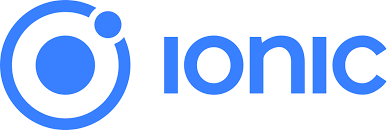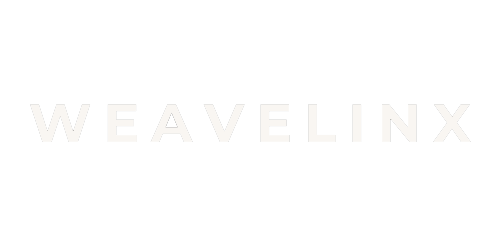
Top 10 Software Development Frameworks for Web and Mobile in 2024
Quick Overview: In today’s fast-paced digital world, choosing the right software development framework can make or break your project. Whether you’re building a web app or a mobile app, your choice of framework affects development speed, app performance, and user experience.
Here’s a look at the top 10 software development frameworks for web and mobile in 2024. These frameworks will help you select the best one for your next project.
Top 10 Software Development Frameworks:
- React (Web & Mobile)
- Angular (Web)
- Vue.js (Web)
- Flutter (Mobile & Web)
- Django (Web)
- Ruby on Rails (Web)
- Node.js (Web & Mobile Backend)
- Swift (Mobile)
- Kotlin (Mobile)
- Ionic (Mobile & Web)
React (Web & Mobile)
React remains a top choice for front-end web development due to its flexibility, speed, and large community support. Supported by Facebook, React is a JavaScript library for creating interactive user interfaces. It’s ideal for single-page applications (SPAs). Developers can extend its capabilities to mobile platforms using React Native, allowing the creation of native apps for iOS and Android with a shared codebase.
Why Choose React? React’s component-based architecture enables code reuse, speeding up development.
Who Uses It? Facebook, Instagram, Airbnb.
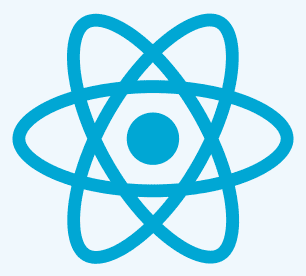
Angular (Web)
Developed by Google, Angular is a powerful framework for building dynamic single-page applications. It offers a complete ecosystem with tools like two-way data binding, dependency injection, and built-in routers, making it ideal for large-scale, enterprise-level applications.
Why Choose Angular? It provides a comprehensive solution with excellent scalability.
Who Uses It? Google, Microsoft, Forbes

Vue.js (Web)
Vue.js is popular for its simplicity and flexibility, offering a balance between React and Angular. It’s lightweight and easy to integrate into existing projects, making it suitable for both small and large businesses.
Why Choose Vue.js? It has a simple learning curve and flexible structure.
Who Uses It? Alibaba, Xiaomi, Grammarly.
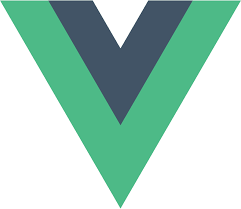
Flutter (Mobile & Web)
Flutter, developed by Google, is an open-source UI toolkit for building mobile, web, and desktop applications from a single codebase. It uses the Dart programming language and offers many pre-built widgets for fast UI development.
Why Choose Flutter? It’s perfect for cross-platform development with a single codebase.
Who Uses It? Google Ads, eBay Motors, BMW.
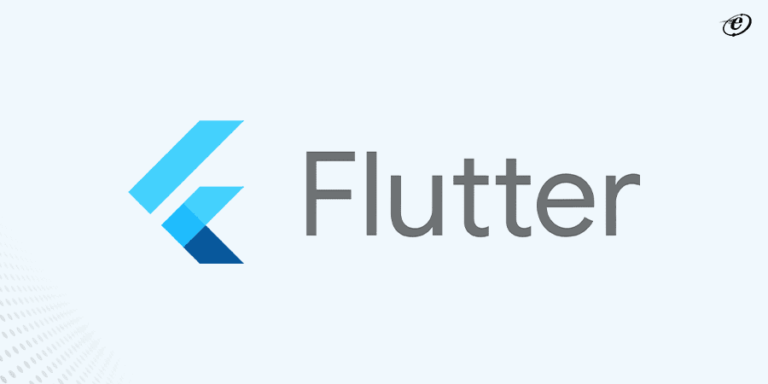
Node.js (Web & Mobile Backend)
Node.js is a server-side platform built on Google’s V8 JavaScript engine. It allows developers to use JavaScript on both the client and server sides, making it ideal for building fast, scalable applications. It’s especially useful for RESTful APIs, real-time apps, and microservices.
Why Choose Node.js? Its non-blocking I/O makes it excellent for handling numerous requests.
Who Uses It? LinkedIn, Netflix, Uber.
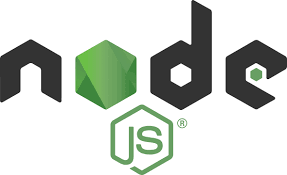
Django (Web)
Django is a high-level Python web framework that emphasizes rapid development and clean design. With built-in features like user authentication, content management, and security tools, Django is ideal for building secure, scalable web applications.
Why Choose Django? Perfect for secure, scalable, and maintainable websites.
Who Uses It? Instagram, Pinterest, Mozilla.
Ruby on Rails (Web)
Ruby on Rails (Rails) is a server-side web application framework written in Ruby. It follows the “convention over configuration” (CoC) and “don’t repeat yourself” (DRY) principles, making it popular for rapid prototyping and development.
Why Choose Rails? It enables fast development with a focus on simplicity and convention.
Who Uses It? GitHub, Shopify, Basecamp.

Swift (Mobile)
Swift is Apple’s programming language for iOS and macOS app development. It is powerful and easy to use, with features like memory safety and performance optimization, making it a top choice for the Apple ecosystem.
Why Choose Swift? Essential for native iOS development with unmatched performance.
Who Uses It? Apple apps, LinkedIn, Lyft.
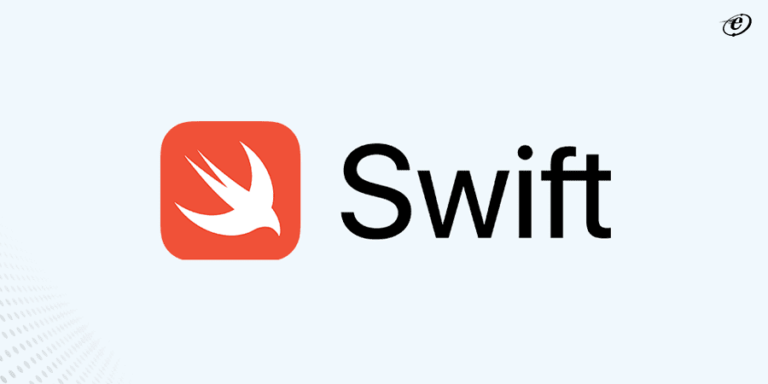
Kotlin (Mobile)
Kotlin, officially supported by Google, is the preferred language for Android app development. It’s concise, modern, and compatible with Java. Kotlin is gaining popularity due to its ability to reduce boilerplate code and improve code safety.
Why Choose Kotlin? Ideal for Android apps with enhanced productivity.
Who Uses It? Pinterest, Trello, Evernote.
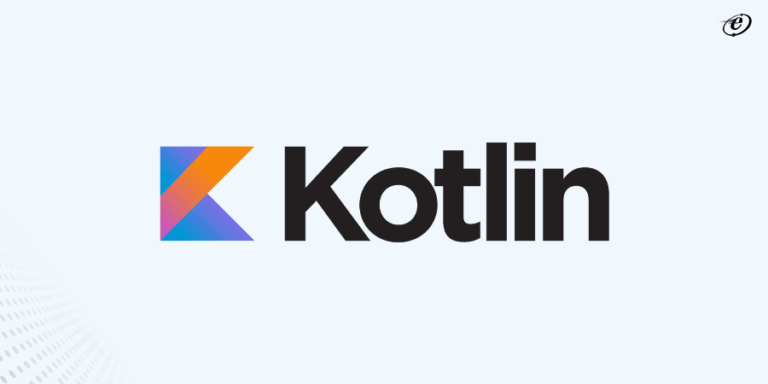
Ionic (Mobile & Web)
Ionic is a popular framework for building hybrid mobile apps using web technologies like HTML, CSS, and JavaScript. It enables developers to create cross-platform apps from a single codebase, providing a native-like experience.
Why Choose Ionic? Great for building hybrid apps quickly and affordably.
Who Uses It? MarketWatch, McDonald’s, Sworkit.
